Best Green Gear: the next edition of Another Mother Runner Gears Up. We have #motherrunners—put key running gear to the test, then deliver the results so you can grab the gear that works best for your running and body.
AMR Gears Up: Green Gear
By Allison Pattillo
The next time you’re shopping for new running gear, read the sustainability pledge on the website of your favorite brand – chances are they have one. Sometimes they may be on the top bar of the home page, and for other brands you may have to do some scrolling. While sustainability efforts vary widely, the good news is that for running gear, making less of an impact on the environment is becoming the new normal.
In honor of Earth Day, we wanted to find out more about these green initiatives and where the industry was going. One thing that’s obvious is it’s no longer enough to focus solely on how gear performs, it’s time to start thinking about how it impacts the planet as well. Thankfully, as you can see from these highlights, your favorite brands are making impressive strides (pun intended!), with many using 2025 as a benchmark year for bigger initiatives.

Since it was founded in 1992, prAna has centered around the concept of “Clothing for Positive Change.” In fact, the first orders were shipped out in recycled produce boxes from the grocery store! Their goal is to have 100% of their products be made from their “preferred fibers,” including recycled fibers, fibers made from sustainable and regenerative trees and organic fibers) by 2025. They are also focused on keeping products in circulation through The Renewal Workshop. And they have also pledged to eliminate plastic from consumer packaging by the end of 2021 as part of their Responsible Packaging Movement.

Wool is another Earth-forward fabric choice championed by brands like Icebreaker and Smartwool that focus solely on wool and many others that include it in their line (like Tracksmith, Oiselle, lululemon and Athleta, which is also B Corp Certified). Smartwool is reducing their carbon footprint from producers that farm the wool all the way to the customer (there will be zero single-use plastic in their packaging by 2025) with a goal of 100% circularity and climate-positive wool by 2030. They just launched a sock take-back program called the Second Cut Project. Socks collected in this first phase will be repurposed as filling for dog beds which will be available for purchase the 2021 holiday season. All Icebreaker fibers will be plastic-free by 2023, as of 2020 they were at 87%. Another fun fact is that since 2010, customers have been able to trace the fiber used in their clothing all the way back to the farm…. they call it a “baacode.”
In addition to offsetting emissions from business travel, commuting, athlete expeditions and The North Face (TNF) owned and operated facilities, TNF is committed to further reducing its carbon footprint. That extends to using recycled plastic fibers where possible, working to find environmentally preferable options to DWR chemicals and partnering with Bluesign Technologies to reduce the impact of their mills. As for their products already in existence, The North Face Renewed program offers refurbished gear for sale, while their Clothes the Loop initiative accepts used TNF gear and donates it to Soles4Souls.
 Adidas is incorporating recycled plastics into their shoes and apparel and has also committed to using 100% recycled polyester in their products by 2024. Check out their Primeblue collection made in part with Parley Ocean Plastic—that’s right, you too can be part of the solution by wearing a garment made from recycled ocean plastics. Pretty cool, right? Their Primegreen line is made from recycled materials and contains no virgin plastics.
Adidas is incorporating recycled plastics into their shoes and apparel and has also committed to using 100% recycled polyester in their products by 2024. Check out their Primeblue collection made in part with Parley Ocean Plastic—that’s right, you too can be part of the solution by wearing a garment made from recycled ocean plastics. Pretty cool, right? Their Primegreen line is made from recycled materials and contains no virgin plastics.
Look to Saucony for either recycled or more sustainable fabric in almost their entire apparel collection. As for shoes, by fall of this year every style in their performance collection will incorporate recycled content. Their eventual goal is eliminating virgin plastics from all their products. Saucony also joined prAna’s Responsible Packaging Movement to take their efforts towards lower-impact packaging to the next level. Since little things make a big difference, the hang tags on their products are made from 80% post-consumer waste, and their performance shoe boxes range from 85 to 100% recycled paper. Their Jazz Court RFG shoe is made with only seven natural products and no plastic. Plus, it looks sweet.
Thanks to a years-long effort by the team at Salomon, their new Index.01 road shoe is completely recyclable. As of the winter 20/21 season, all their running and hiking shoes are PFC- or PFC EC-free. And, they have a library of how-to videos on their website to learn how to clean and care for gear to make it last longer.
Brooks, New Balance, Hoka One One and Nike are all making strides in product sustainability, reducing greenhouse gas emissions and responsible sourcing. The New Balance Green Leaf label indicate products made with 50% or more recycled or organic content. Columbia has a ReThread program where old shoes and gear can be taken to their stores to be repurposed and recycled.
For clothing made of recycled plastic bottles, we are big fans of the Headsweats Repreve line. We tested the Eco Women’s Long Sleeve and the ECO Core Singlet and found both to be soft and comfortable.
A relative newcomer, Outdoor Voices has incorporated environmentally forward practices from the start, including product circularity and packaging made only from recycled and recyclable materials. Newer initiatives include moving towards more sustainable materials throughout the collection, launching a product take-back and repair program, eliminating all waste from community events (they currently have eliminated all single-use plastics at events) and incorporating sustainable elements in new brick-and-mortar builds.
Check out all of the AMR Gears Up columns here!
Did we miss your green company?
Let us know in the comments below!


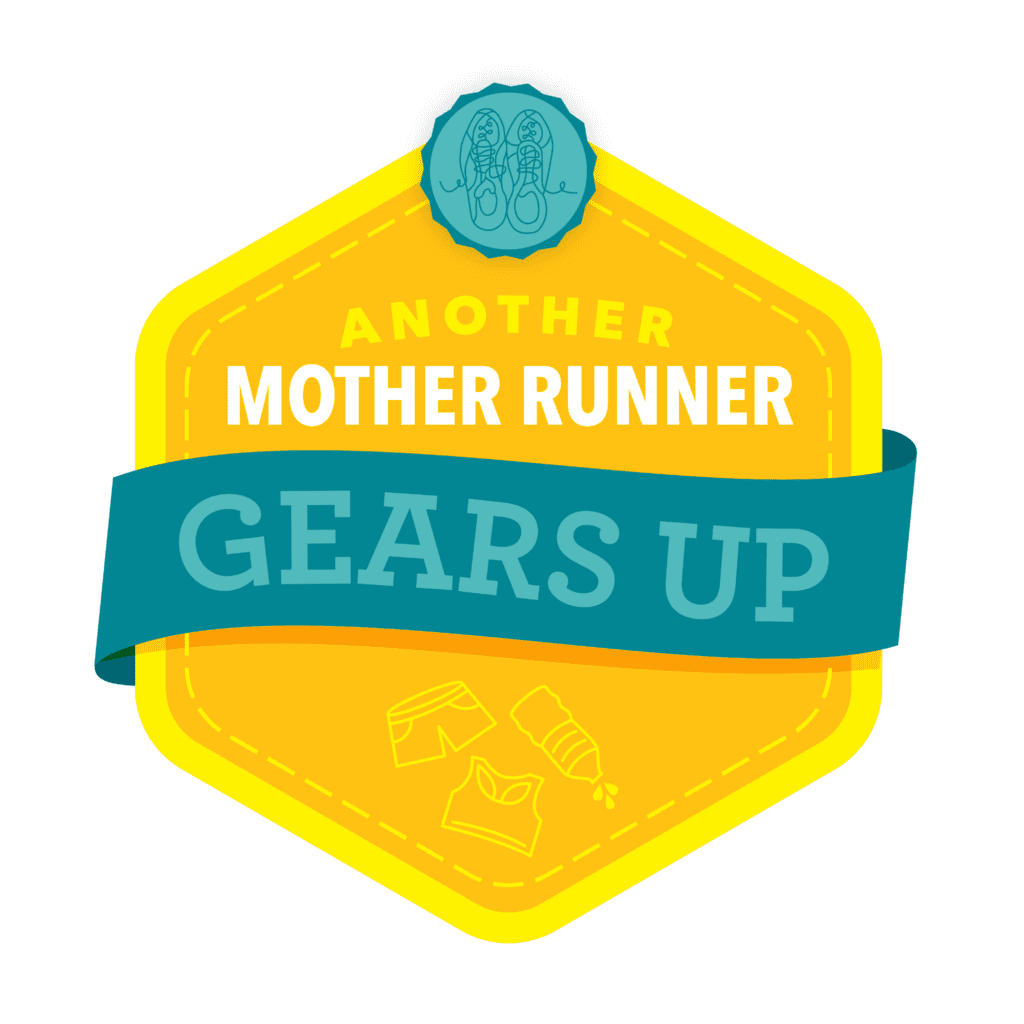

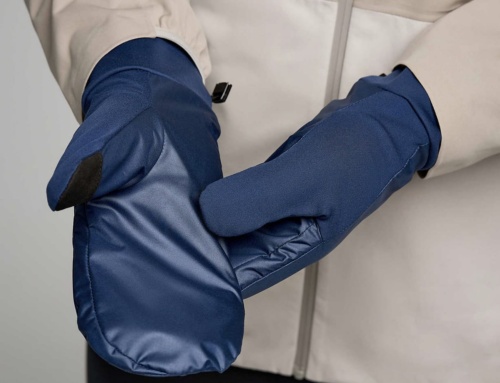
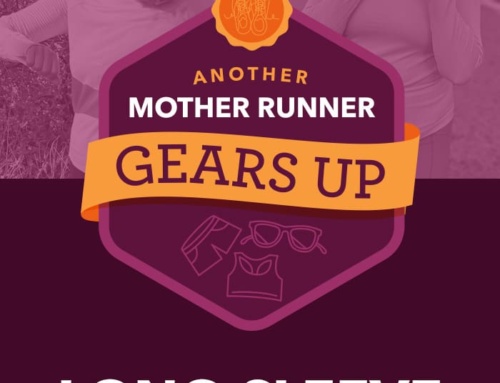
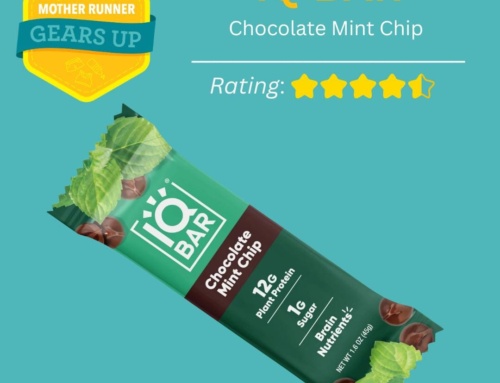
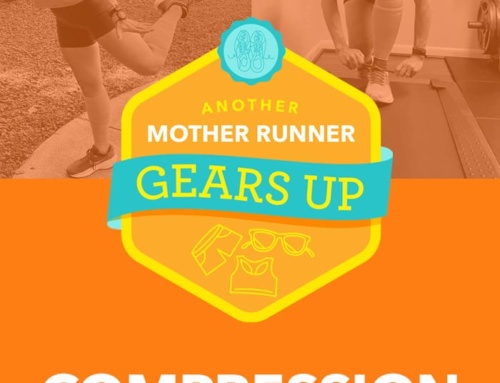
You missed Sweaty Betty (www.sweatybetty.com) By the end of 2021, 38% of their clothing will be manufactured with recycled product. They have a “buy-back” program to buy back (recycle) old leggings in exchange for store credit, and they have a re-use/re-cycle program for packaging. Read more here: https://www.sweatybetty.com/us/responsibility
Girlfriend Collective. Their leggings are made from recycled water bottles and you can send your old Girlfriend Collective leggings back to them for a discount off a new pair and they recycle your old pair!
Threads 4 Thought is a great company using recycled plastics. And I LOVE their leggings! (pockets!)
I just came across Perspective Fitwear (https://perspectivefitwear.com/). Their fabric is designed to breakdown in a landfill in three years. They also have other earth-conscious manufacturing processes.
Free Fly Apparel is activewear made from breathable, durable bamboo fabric. The clothes are sustainable yet stylish. The bamboo fibers make the clothes moisture-wicking, quick-drying, and odor-free! They have men’s apparel, women apparel and even clothing for kids. Their stuff is perfect for active families or families on the go!